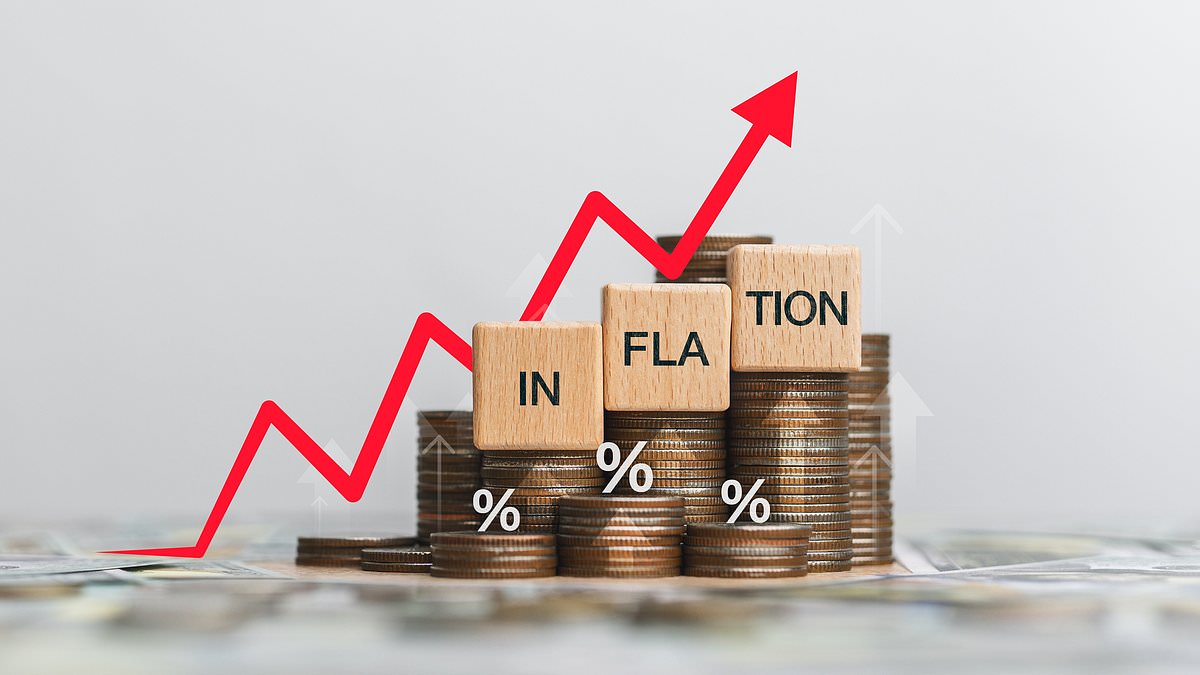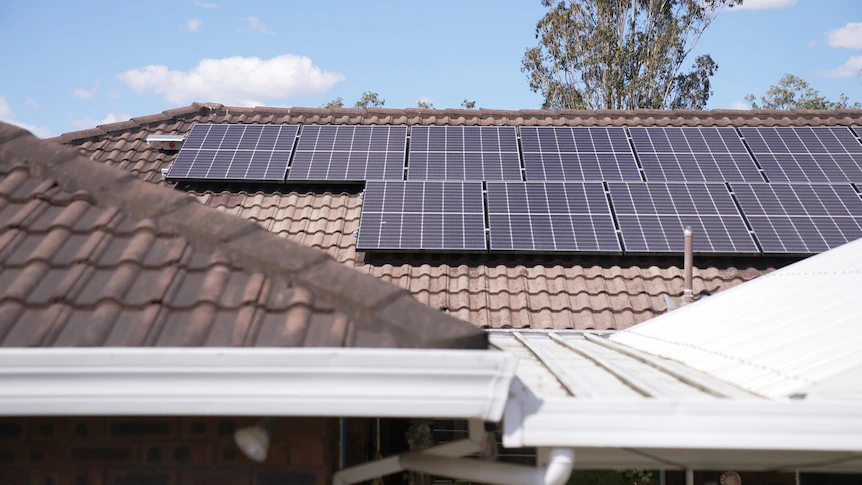Copyright dailymail

Stand by for another surge in inflation in the New Year. So what is going on with the economy? There are two ways to work this out. One is to look at the data, particularly the forward indicators of corporate and consumer sentiment. The other is to do your own research – to ask people who run businesses how they are doing, to see whether the shops and restaurants are busy, to count the voids in the High Street, and so on. You have to do both, and when the message is the same, that's clear. But when it is different – as the messages are right now over inflation – it's usually better to trust what you see and hear, not what the numbers say. The Bank of England's forecasts – based on conventional data – are that inflation will slide back next year, though there is uncertainty about the timing. Last week the Bank's rate-setting Monetary Policy Committee was split down the middle as to whether there should be a cut in interest rates. It took the casting vote of the Governor, Andrew Bailey, to stop that happening. Just to remind you, inflation as measured by the Consumer Prices Index (CPI) is 3.8 per cent. But the figure taking account of owner-occupied housing costs, the CPIH, is 4.1 per cent, and the long-established Retail Price Index (RPI) is 4.5 per cent. A common-sense approach would be to look at all the different measures and say CPI probably understates what is really happening to inflation, and that it is running at more than double the official target of 2 per cent. Given that, I find it bizarre that nearly half the MPC members should think it is a great idea to cut interest rates. Presumably they think inflation will come down of its own accord. Well, if the economy really tanks as a result of Rachel Reeves's upcoming Budget, maybe inflation will come down. But it would surely be more sensible to wait and see how much she adds to the cost of running a business before reducing interest rates. We know that the additional burden on business from last year's Budget is the main reason why our inflation is higher than that of the US or the eurozone. So ask yourself this: Do you think this next Budget will raise costs or reduce them? I think we know the answer to that. In any case – and here is where I have found it helpful to talk to people at the sharp end – I fear that inflation is much more deeply embedded than the Bank appreciates. Twice in the past week I have been told that companies are holding back price increases until after Christmas, but come the New Year they will have to jack them up sharply. It is not that they want to. It is a matter of survival, for if they don't charge much higher prices they will go out of business. My judgment is that the underlying rate of inflation in the UK – that's where inflation is likely to settle given further interest rate cuts and no new shocks – is now above 3 per cent and may be close to 4 per cent. If that is right, what does this say about the 2 per cent target? For a while the Bank can go on assuring us that this is indeed the target and that it is its duty to take the appropriate measures to fulfil its mandate, and so on. But eventually such assurances become meaningless. There will be siren voices that say actually 3 per cent would be a more sensible target, that the cost of pushing inflation down to 2 per cent is not worth the benefits, that we can achieve faster growth if we are less puritan in our interest rate policy, and if it is a choice between more jobs and slightly higher inflation, then we should go for the jobs. We are not there yet. The more sensible people in the Bank of England know that the institution's credibility is on the line. The more sensible politicians are aware that inflation is deeply unpopular among voters. The foreign exchanges and the bond markets will provide some discipline over both. Central banks that allow inflation to let rip see their currencies devalued and, insofar as inflation is fuelled by excessive government borrowing, that pushes up the cost of servicing the national debt. But I have this message to both the Bank of England and this Government. You are distrusted by the financial markets. If inflation does climb sharply in the New Year things will get very rough indeed.



